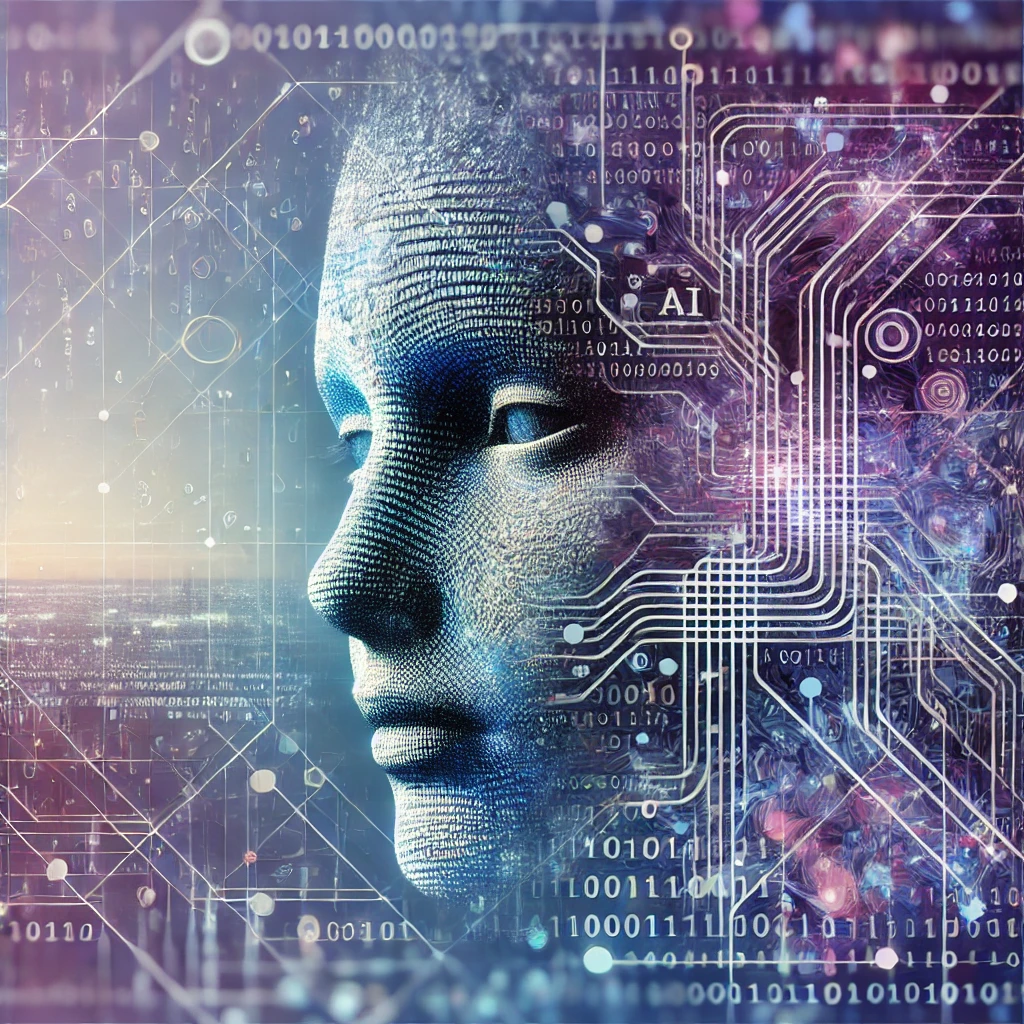
Natural Language Processing (NLP) is a subfield of artificial intelligence (AI) that focuses on the interaction between computers and humans through natural language. It involves the development of algorithms and models that enable machines to understand, interpret, and generate human language in a way that is both meaningful and useful.
The Basics of NLP
At its core, NLP seeks to bridge the gap between human communication and computer understanding. This is achieved by combining computational linguistics with machine learning to create systems capable of processing large amounts of natural language data. NLP encompasses several key areas, including:
-
Text Analysis:
Extracting meaningful information from unstructured text. -
Sentiment Analysis:
Determining the emotional tone of a piece of text. -
Speech Recognition:
Converting spoken language into text. -
Language Generation:
Creating natural language text that appears as though it was written by a human. -
Machine Translation:
Translating text from one language to another.
Applications of NLP
NLP is at the heart of many applications that we use every day. Here are some of the most common uses:
-
Chatbots and Virtual Assistants:
NLP powers virtual assistants like Siri, Alexa, and Google Assistant, enabling them to understand and respond to user queries in natural language. -
Search Engines:
Search engines like Google use NLP to understand and process user queries, delivering more accurate and relevant search results. -
Social Media Monitoring:
Companies use NLP to analyze social media data, allowing them to gauge public sentiment and identify trends. -
Customer Service Automation:
NLP-driven systems can handle customer inquiries, provide support, and even escalate issues to human agents when necessary. -
Language Translation Services:
Tools like Google Translate rely on NLP to provide accurate translations between different languages.
Why is NLP Important?
NLP is critical for making human-computer interaction more intuitive and accessible. As the volume of unstructured data continues to grow, the ability to process and understand this data in a meaningful way becomes increasingly important. NLP enables businesses to gain insights from text data, improve customer interactions, and automate routine tasks, making it a vital technology in the modern digital landscape.
The Future of NLP
As AI technology continues to evolve, so too will NLP. Future advancements in this field will likely include more sophisticated models capable of understanding context, nuance, and even emotion in human language. This could lead to even more natural and seamless interactions between humans and machines, potentially transforming industries such as healthcare, finance, and education.
Natural Language Processing is not just a technological trend but a crucial component of the future of AI. Its ability to make sense of human language opens up endless possibilities for innovation and efficiency in both personal and professional settings.


